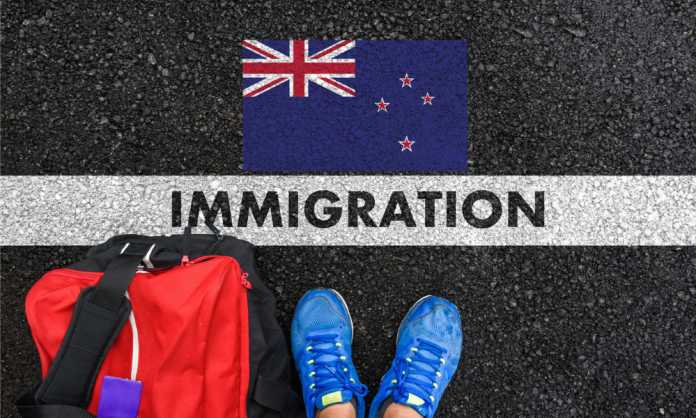The investor considers the products and services that they use daily. It could be anything ranging from shopping on Amazon to streaming movies on OTT platforms like Netflix to the most common, searching for things on Google. Many of these businesses are based outside of India and do not trade on Indian stock exchanges. Why should the 21st Century Investor invest in such global giants?
In the early 1960s, the advantages of foreign diversification were empirically illustrated in financial literature. A few empirical studies have shown that Investors may reduce the chance of their portfolio returns at a significant level of projected return by diversifying through countries whose business cycles were not ideally aligned. We are all well aware that the top Multinationals, Best performing, and High yielding companies also change regularly.
As a result, concentrating all of one’s savings in a single area or asset class is not an effective idea. Another perspective is to profit from the weakening currency. As a result, having a geographically diversified portfolio is a Smart and Sound strategy.
Strategic investment is a craft, and as investors become more knowledgeable of the benefits of equity investing, they are increasingly looking to invest in businesses headquartered in other countries. With most countries’ economies improving, Indian institutional investors are diversifying and broadening their investment horizons to benefit from massive returns on global stock markets.
GLOBAL INVESTMENT OPTIONS
MUTUAL FUNDS
This is most likely the most effective and relatively simpler way for investors to gain foreign exposure at a low-cost option. Many Indian fund houses offer such overseas equity investment schemes. For example, a well-known fund house provides index funds that monitor and tracks Nasdaq 100 indices in the United States. Their taxation is almost the same as that of debt funds in India, which means that someone who retains for more than three years is taxed at 20% with indexation.
Few investors may be resistant to global diversification, believing that today’s world is so intertwined that foreign investments may overlap domestic ones. However, this is not the case, since businesses prefer to behave in ways that are dictated by the situation in their home country. They are more likely to respond to local economic and geopolitical issues than to events occurring beyond their boundaries.
LIBERALISED REMITTANCE SCHEME ROUTE
Investors can do so by sending money abroad via the Reserve Bank of India’s Liberalized Remittance Scheme (LRS), which has an annual cap of $250,000 (Approx. 1.8 Cr). The LRS cap expands the range of stocks and funds available to an investor beyond the small selection offered by Indian MUTUAL FUNDs. Transferring capital overseas, on the other hand, is costly as it requires more paperwork, and makes tax filing more difficult for Indian investors.
Besides that, foreign investment takes place in the shadow of official disapproval, particularly when done via the LRS pathway. Aside from the newly implemented TCS, foreign contributions must be registered annually under Schedule FA of the Income Tax returns, and omissions will result in the investor is subject to India’s strict black money laws.
Furthermore, foreign nations such as the United States collect their withholding taxes on dividends, which must be demanded back from India under the Double Taxation Avoidance Treaty (DTAA), which adds an extra layer of paperwork to the process
INTERNATIONAL STOCKS OR EQUITIES
Global diversification is a well-known investment strategy. It encapsulates the notion that a global portfolio is best secured against country-specific threats like economic recession or political unrest. Investors will also share in the gains of multinational corporations through global earnings.
International securities may provide significant diversification, improving the estimated risk-return profile of a total portfolio as compared to a portfolio that only contains Indian equities. This advantage stems from buying shares in several countries, each of which reacts to market and economic conditions differently
Investors can diversify their portfolios by owning shares denominated in a variety of currencies, each of which behaves differently from the underlying stock price. Different economies and currencies respond to business cycles and global developments in their distinct ways. Investors can reduce total portfolio uncertainty by using these offsetting trends, resulting in a smoother ride with comparable returns as compared to investing solely in Indian Stocks
Depending on whether it is measured in dollars or purchasing power parity, India’s share of the global economy ranges from 3 to 8%. As a result, taking part in the rise of the remaining 92-97 percent of the planet is a clear gain. The United States is a desirable destination.
Apple, Alphabet, Dell, IBM, Procter & Gamble, Facebook, and other global technology giants are listed on the New York Stock Exchange. The rupee’s depreciation against the dollar is another major factor for Indian investors to engage in foreign investment
International securities are viewed as unlisted stocks and are thus taxed at 20% of indexation on retention periods of more than two years. Gains in them are charged at a slab rate on shorter retention times.
To conclude, it is beneficial for investors to diversify internationally, and foreign diversification aids in risk management and portfolio planning for long-term development.
This article is contributed by: Ms. Dishita Sheth, Intern at Ajmera Law Group












